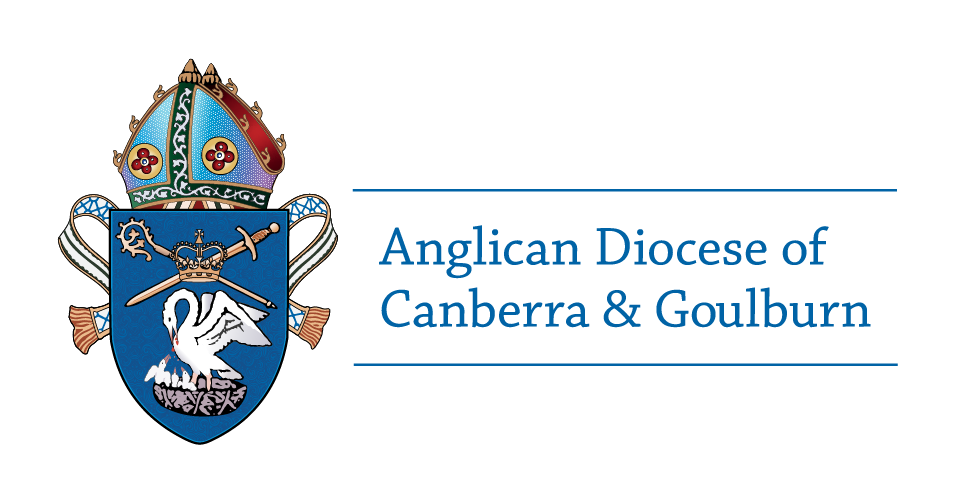At The Riverina Anglican College (TRAC) Junior School, we have two distinct yet complementary pedagogical approaches to equip students with tools and skills and to develop life-long learning dispositions. These are: 1. Explicit Direct Instruction (EDI), and 2. Inquiry-Based Learning
We use the IB Primary Years Program (PYP) curriculum framework to inform and frame our inquiry-based pedagogy. At TRAC it is important that each child feels safe, supported and has a sense of belonging, whether learning at school or online.

Head of Digital Pedagogy & Analytics Clinton Lough, Science Teacher Kira Lough
When COVID-19 cases increased across the state and lockdown seemed imminent, our team met to review our ‘2020 Continuity of Learning’ plan. This needed to be adapted to suit the needs of Kindergarten to Year 6 students. The focus was to design streamlined approaches, provide a suitable curriculum for each key learning area, and support student’s engagement, as strongly as possible, with their online learning. Our collective efforts ensured that student wellbeing was maintained and high-quality learning continued throughout the lockdown period when it ensued. As a team we regularly evaluated student learning needs based on feedback to inform our planning.

Principal Mr Paul Humble
At all times, we were cognisant of individual families’ circumstances as we planned for their child’s learning. Educators were guided to design independent, authentic tasks where possible and deliver live and recorded instruction on Google Classroom to assist our young learners. When evaluating processes, we shared findings of how both students and parents were coping with the daily online learning structure.
All online literacy and numeracy lessons were designed using the EDI principles. Typically, this instructional procedure follows a pattern of modelling by the educator, continues with guided practice with feedback, and the process is completed with independent practice. This is known as: ‘I do, we do, you do.’ Parents were informed and supported with home learning through the posting of ‘student’ and ‘parent’ user versions of daily lessons. This platform provided support to our students and their families as they navigated learning through these difficult times.

This was contrasted with our inquiry learning approach. Before students are shown the essential information, they are asked to practice a task and then discover some of the information themselves. The benefits of explicitly teaching literacy and numeracy skills to our students are that they will develop the necessary tools to help them learn how to conduct an inquiry task. Engaging inquiry tasks, aimed at igniting each child’s curiosity, were posted on Google Classroom across the week.

Exceptional teachers make exceptional schools and our teachers’ love for learning certainly sparked a love for learning in our students during this challenging time.
The college’s youngest students were provided with their own ‘Wellbeing and Learning ToolKit’, designed to encourage play and support mental health in a home learning context. The toolkit contained worry dolls, a ball, skipping rope, creative arts items, stationery, books and literacy and numeracy resources and was utilised by our kindergarten-to-year-two students as they navigated their online learning environment.

Our families felt that these resources supported learning and improved their child’s wellbeing.

Highlights of the online learning period for our TRAC students included our Wellbeing and RUOK? Day, Live Reads and Book Week celebrations.


